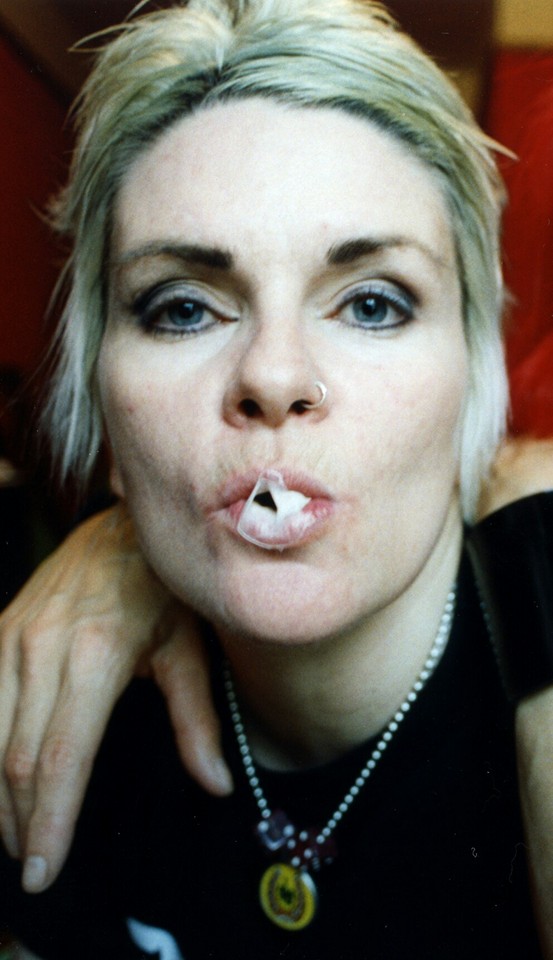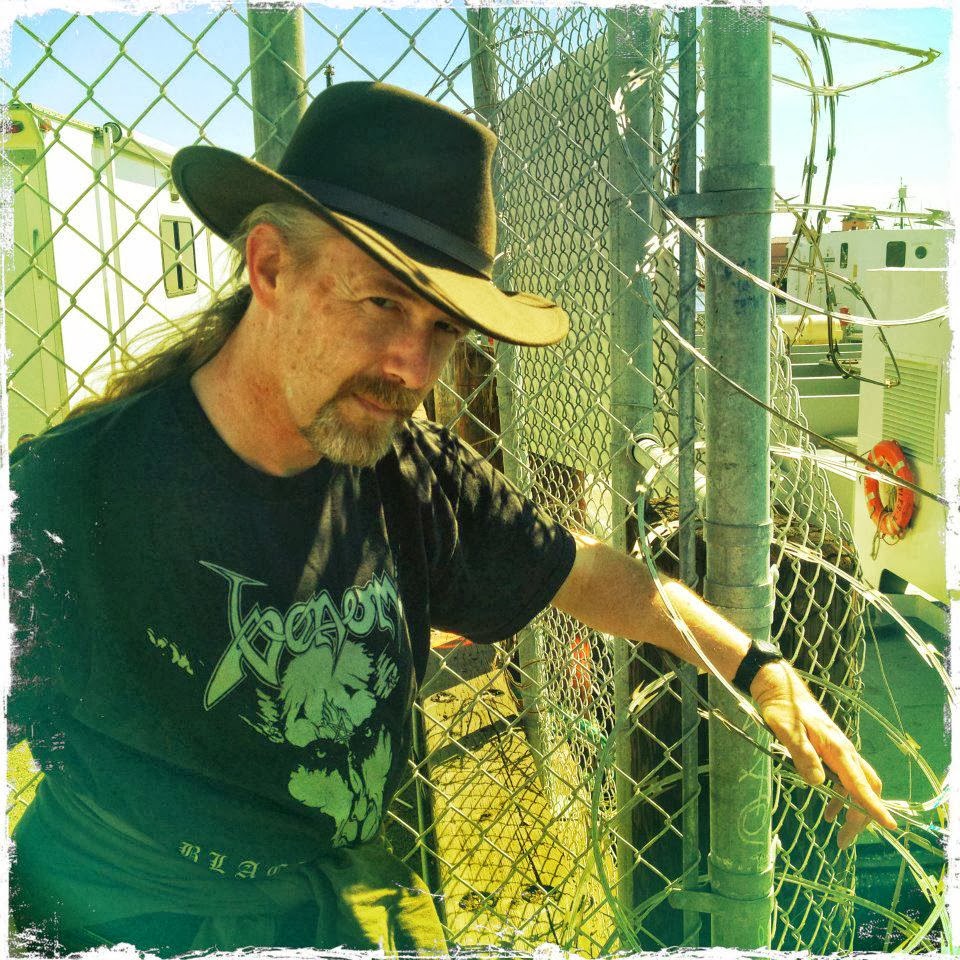
It started with a friend request.
I was operating under a pseudonym at the time, blogging about Kaiser Permanente and the physicians whose decisions had left scars—some literal, some systemic. I was part of a loose network of Facebook groups pushing back against corporate medicine, calling out malpractice, and amplifying patient voices. One day, a notification popped up: Kari Lee Krome has sent you a friend request.
I blinked. The Kari Krome? The original visionary behind The Runaways? The teenage firebrand who helped shape the band’s early identity before being pushed out of the spotlight?
She messaged me almost immediately. “You’re my hero,” she said.
I told her who I really was. I told her I was the world’s biggest Runaways fan. And just like that, we were off—an unlikely pair bound by trauma, rebellion, and a shared disdain for sanitized narratives.
Kari had suffered a brain injury in a car accident, and later, she told me, was harmed by a medication prescribed by a Kaiser physician. She was raw, brilliant, and unfiltered. She’d pop into my DMs calling me “Mister,” and referred to herself as my “little sister on a skateboard.” It was a nickname that stuck, and one that still makes me smile.
She gave me an insider’s view of the world behind the Runaways mythology—the depravity of Rodney Bingenheimer, the sickness of Kim Fowley. “I’ll need therapy for life,” she told me once, and I believed her. She spoke of being “incredibly naive” at 14, living with Fowley, and of being “undiagnosed autistic.” Her stories weren’t just confessions—they were dispatches from the edge of a cultural moment that chewed up girls and spat out legends.
When I asked her about David Bowie, she said, “He was a vampire.” No context. No elaboration. I assumed she meant his proximity to the same predatory circles—Rodney on the ROQ, the Sunset Strip’s darker corners.
We collaborated. We co-wrote six songs together. She showed me her songwriting structure—tight, poetic, emotionally surgical. She sent me a story called Mootsie Tootsie, a scabrous, hilarious, and terrifying piece about shooting heroin in a Taco Bell restroom. I published it in my William S. Burroughs tribute anthology. Her poem North of No North appeared in White On White: A Literary Tribute to Bauhaus, alongside contributions from Poppy Z. Brite, Caitlín R. Kiernan, and David J. Haskins.
She was only mentioned once in the Bad Reputation documentary about Joan Jett. It didn’t surprise me. Kari had little regard for the rest of the Runaways. She was the spark behind the band’s original concept, but her role was minimized, her voice nearly erased.
And then, about six months ago, she disappeared. No message. No goodbye. Just silence.
I don’t know what happened. I don’t know if she’s okay. But I know this: I will never forget our friendship. I still have mad love and respect for the woman who called me “Mister,” who gave me a glimpse into the machinery behind the myth, and who reminded me that the most powerful voices are often the ones the industry tries hardest to silence.
Kari Lee Krome is a survivor. A poet. A punk. A sister. And wherever she is, I hope she’s writing, skating, and slowly conquering her demons.
She deserves that. And so much more.

